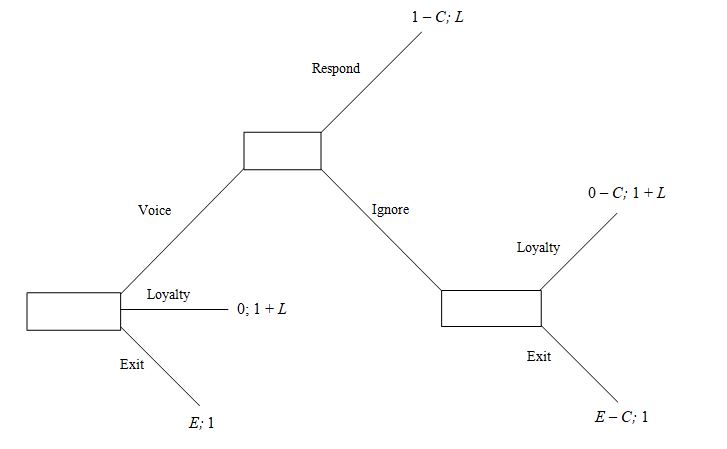Which of the following statements about who can vote in primary elections is the most accurate?
A. Only popularly nominated delegates can vote in primaries.
B. All citizens can vote in primary elections, regardless of registration status or party affiliation.
C. All registered voters can vote in primary elections.
D. Who can vote in primary elections varies from state to state.
E. Only registered party members are eligible to vote in primary elections.
Answer: D
You might also like to view...
The election of Senator Ralph Yarborough is an example of how legislatures may
a. act with bipartisanship to achieve a fair result for voters. b. reach agreements quickly with elections are at stake. c. change rules to achieve a political advantage for their party. d. be blind to the needs of the people. e. act illegally, ignoring the laws they have passed.
Which of the following is a form of outsider activity used in the practice of political speech by interest groups?
a. Issue selectivity b. Interest group persuasion c. Issue advocacy d. Media-to-citizen tactics
How did the executive branch struggle with the dilemma of delegation?
a. The President struggled to ensure that Congress would provide enough money for the programs he requested. b. The President ensured that government employees were not taking bribes to ignore official policies. c. The President ensured that agents acting ostensibly on its behalf would faithfully carry out official policies. d. There was no guarantee that governors would automatically follow the president’s preferences when implementing new policies.
What is the expected outcome of the game if you use these payoff values?
Below is the Exit, Voice, and Loyalty game between the state and the citizen.Recall that E is the payoff that the citizen gets when she exits, L is the payoff that the state gets from retaining a loyal citizen, 0 is the payoff that the citizen gets from remaining loyal, and C is the cost that the citizen must pay for using voice.
Let E = 0.5, let L> 1, and let C = 0.75.

A. citizen uses voice, state backs down
B. citizen uses voice, state backs down, citizen exits
C. citizen exits
D. citizen remains loyal
E. citizen uses voice, state backs down